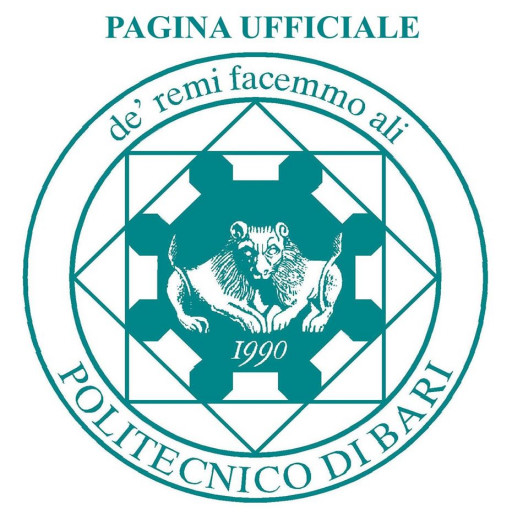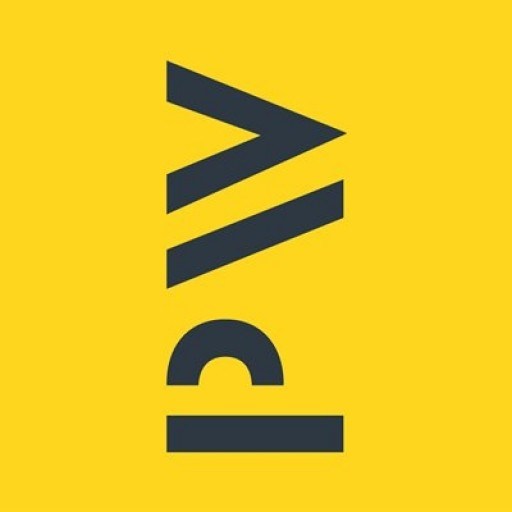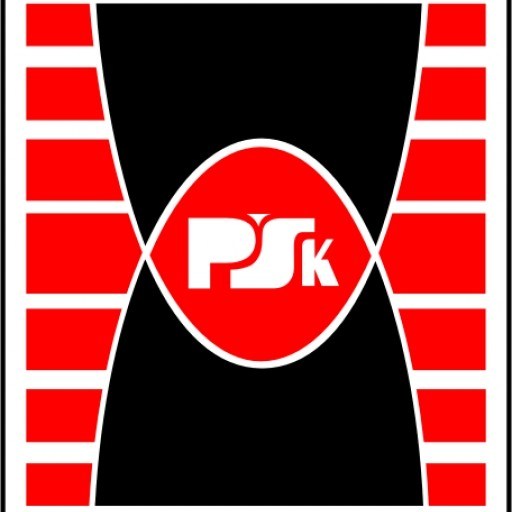Photos of university / #chalmers.university
The Master's programme in Infrastructure and Environmental Engineering at Chalmers University of Technology offers students a comprehensive education in the design, planning, and management of sustainable infrastructure systems. This programme is tailored for those who are passionate about creating resilient, efficient, and environmentally friendly urban and rural infrastructure solutions. Throughout the programme, students gain a deep understanding of the interdisciplinary fields related to infrastructure development, including transportation systems, water and wastewater management, environmental impact assessment, and urban planning. The curriculum combines theoretical knowledge with practical applications, ensuring graduates are well-equipped to tackle the complex challenges faced by modern society.
Students will engage in coursework covering topics such as sustainable construction methods, infrastructure resilience, environmental assessment, and innovative technologies for infrastructure systems. In addition to core courses, the programme emphasizes the importance of teamwork, project management, and communication skills, preparing students for leadership roles in international and multidisciplinary teams. The programme also incorporates project work and collaborations with industry partners, providing valuable real-world experience and networking opportunities.
Research-driven and innovation-oriented, the programme benefits from Chalmers’ strong links with industry, municipal authorities, and research institutes, fostering an environment of continuous learning and technological advancement. Graduates of this programme are highly sought after in sectors such as civil engineering, urban planning, environmental consulting, and infrastructure development, both nationally and internationally. The programme prepares students for careers involving sustainable infrastructure solutions that address pressing global issues like climate change, urbanization, and resource management. With a focus on environmental considerations and the use of cutting-edge technology, the Master’s in Infrastructure and Environmental Engineering aims to develop professionals capable of shaping the infrastructure of the future, promoting sustainable development and improving quality of life worldwide.
The Master's Programme in Infrastructure and Environmental Engineering at Chalmers University of Technology is designed to equip students with the technical knowledge and practical skills necessary to develop sustainable solutions for urban infrastructure and environmental challenges. This comprehensive two-year programme combines advanced coursework, project-based learning, and real-world case studies to prepare graduates for careers in designing, managing, and improving infrastructure systems such as transportation networks, water supply, waste management, and environmental protection. The curriculum emphasizes interdisciplinary approaches, integrating principles from civil engineering, environmental science, and urban planning to address complex societal issues related to infrastructure resilience and environmental sustainability.
Students will engage with topics including infrastructure design and maintenance, water resources management, environmental impact assessment, climate adaptation, and innovation in infrastructure technology. The programme offers specialization options allowing students to tailor their studies according to their interests, whether it be in structural engineering, water engineering, or environmental management. Practical skills are developed through laboratory work, field investigations, and collaboration with industry partners, preparing students for leadership roles where they can implement sustainable infrastructure projects that benefit communities and ecosystems.
The programme also places a strong focus on digitalization and smart infrastructure systems, preparing students to work with emerging technologies such as sensor networks, data analytics, and automation in infrastructure management. Courses are taught by leading experts in the field, and students have access to state-of-the-art laboratories and research facilities. International collaboration and exchanges are encouraged, providing students with a global perspective on infrastructure and environmental issues.
Graduates of this programme are well-equipped to pursue careers in consulting firms, government agencies, research institutions, or start their own ventures. They will possess the skills necessary for planning, designing, analyzing, and optimizing sustainable infrastructure systems that are resilient to climate change and environmental challenges. Ultimately, the programme aims to develop professionals who can contribute to creating sustainable, efficient, and resilient infrastructure solutions for a better future.
Program Requirements:
Applicants are required to have completed a secondary school education comparable to the Swedish gymnasium, with a strong emphasis on subjects such as mathematics, physics, and chemistry. A minimum grade point average equivalent to the Swedish upper secondary school secondary school diploma is necessary, with specific grade requirements varying depending on the applicant's country of origin. Proficiency in English is mandatory; accepted proof includes an IELTS score of at least 6.5 with no section below 5.5, a TOEFL iBT score of at least 90 points with a minimum of 20 in each section, or equivalent qualifications recognized by Chalmers University of Technology. The admission process also considers the applicant's motivation and relevant extracurricular or work experience related to infrastructure and environmental engineering, such as internships or projects demonstrating practical knowledge in sustainable development, environmental protection, or construction management.
Students must have a solid foundation in mathematics, including calculus, algebra, and differential equations, as well as physics, covering mechanics, thermodynamics, and electromagnetism. Chemistry requirements include general chemistry, organic chemistry, and laboratory work. Additionally, applicants should demonstrate an understanding of basic engineering principles and problem-solving skills. For international students, documentation must be officially translated into English or Swedish, and all qualifications must be verified for authenticity.
Prior knowledge of computer programming and familiarity with engineering software tools may be advantageous but are not mandatory for admission. The program encourages applicants with an interdisciplinary background or interest in sustainable development, urban planning, environmental systems, or civil engineering. Mature students or those with relevant professional experience may be considered under special admission rules. Admission decisions are based on academic merits, documentation of language proficiency, and motivation letter. Once admitted, students are expected to meet ongoing academic standards and participate actively in coursework, laboratory exercises, and project work to succeed in this challenging field of study.
Funding for the Infrastructure and Environmental Engineering Master's programme at Chalmers University of Technology is primarily aimed at international students through a range of scholarship opportunities and financial aid options. Chalmers offers several merit-based scholarships for fee-paying students, which can significantly reduce the financial burden. These scholarships are generally awarded based on academic excellence and can cover partial or full tuition fees. Applicants are assessed automatically for these scholarships upon admission, and the eligibility criteria are communicated through the official admissions portal.
Additionally, students are encouraged to explore external funding sources, such as government grants, international organizations, and private foundations, which may support students in their studies abroad. For Swedish and European Union/EEA students, funding options may include government-sponsored student aid programs, which often require demonstrating financial need and academic achievements.
Chalmers also provides guidance and support in applying for research grants and stipends that might support students engaged in research projects within the programme. Furthermore, students can consider part-time employment opportunities offered on campus or within the local Gothenburg area, which can help supplement living expenses.
It is important to note that the cost of living in Gothenburg, including accommodation, food, transportation, and personal expenses, is an essential part of the overall financing considerations for students. Many students budget accordingly and seek part-time work or support from family and friends.
International students are advised to plan their finances well ahead of time, applying early for scholarships and exploring all possible funding avenues. The university's financial aid office provides detailed advice and assistance to prospective and current students in managing their finances during their studies. Overall, while tuition fees are covered by scholarships or personal funds, the cost of living and miscellaneous expenses constitute a significant part of the total budget for students enrolled in the Infrastructure and Environmental Engineering programme.
The Master's program in Infrastructure and Environmental Engineering at Chalmers University of Technology is designed to equip students with comprehensive knowledge and practical skills necessary to address the complex challenges associated with infrastructure development and environmental management. This program emphasizes sustainable development, focusing on integrating environmental considerations into the planning, design, and maintenance of various infrastructure systems such as transportation networks, water supply, sewage systems, and energy infrastructure. Students will gain an in-depth understanding of the principles of engineering design, environmental impact assessment, and environmental technology, enabling them to develop innovative and sustainable solutions for urban and rural infrastructure projects.
The curriculum combines theoretical courses with practical projects and collaborations with industry, ensuring that graduates are well-prepared for careers in public agencies, consulting firms, industry, and research institutions. Key subjects include structural engineering, hydraulics, environmental systems, project management, and environmental law. The program also emphasizes the importance of interdisciplinary collaboration and the use of cutting-edge modeling tools and software to analyze infrastructure systems and their environmental impact.
Students have opportunities for specialization in areas such as sustainable urban drainage systems, climate adaptation for infrastructure, or environmental monitoring techniques. The program encourages international perspectives and often involves collaboration with universities and organizations worldwide. Graduates of this program typically pursue careers as environmental engineers, infrastructure planners, project managers, or research scientists, contributing to the development of resilient and sustainable infrastructure systems that support societal needs while minimizing environmental impact.
The program is delivered at the Chalmers campus in Gothenburg, Sweden, which offers state-of-the-art facilities, laboratories, and research centers dedicated to infrastructure and environmental research. The academic staff consists of leading experts in their fields, supporting a vibrant learning environment that promotes innovation, research, and professional development. Graduates receive a Master of Science degree in Infrastructure and Environmental Engineering, meeting the high standards required for professional practice and further academic pursuits.
Overall, the program aims to develop professionals capable of designing, managing, and improving infrastructure systems in a sustainable manner, addressing the challenges posed by climate change, urbanization, and environmental degradation. It prepares students not only for immediate career opportunities but also for lifelong learning in a rapidly evolving field dedicated to creating a sustainable future for society.










